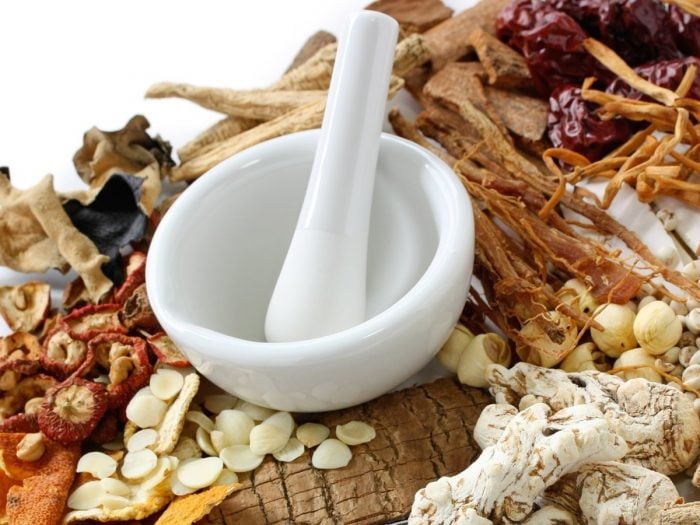There is good deal of confusion that the term “herbal medicine” actually means “organic medicine”. According to an estimate by the World Health Organization, about 4 billion people around the world use herbal medicines for their primary healthcare needs. Does this mean that all 4 billion of these people use organic medicine? Not at all. People, including several health experts, often say that herbal and organic means the same thing. However, legally, the two words do not have the same meaning. Let us look into what herbal and organic truly mean.
What are Herbal Medicines?
Herbal medicines refer to medicines that are prepared from plants for their medicinal value. These plants can be grown naturally, using either chemical or organic means (explained below).
What are Organic Medicines?
Organic medicines, on the other hand, mean medicines that are prepared and handled using organic means. They can have ingredients that have animals sources also. In organic production, there is no use of chemicals during the entire production, processing, and preservation processes.No chemical pesticides, fertilizers, or preservatives are used for making these organic medicines or their ingredients. Legally, manufacturers of organic products have to get organic certification and print the certification details on the label.

Herbs and spices help relieve inflammation. Photo Credit: Shutterstock
Differences between Organic & Herbal Medicines
Organic medicine is not necessarily herbal medicine and the opposite also holds true. Let us examine an example. When you buy something like Triphala, which is a very popular Aryuvedic herbal medicine made from the three fruits Amalaki, Vibhitaki, and Haritaki, it can be made using the fruits on which chemical pesticides may be sprayed during the growth of the fruits. Similarly, when you buy organic fish oil capsules, which are considered an organic medicine, the oil is obtained from fish that are grown without the use of any chemicals. The feed given to the fish is also grown without the use of any chemicals. In that way, you know that fish oil is not a herbal medicine.
Sometimes, you will also hear about natural medicines. Natural medicines refer to medicines that are natural in nature and do not contain any synthetic ingredients. If they do contain synthetic ingredients of any kind, then they are only in small quantities. For example, Fuller’s earth or multani mitti, which a type of soil which is rich in magnesium oxide, is quite popular in Asia for skin care. Fuller’s earth, when used as a medicine, falls under the category of natural medicine.
Similarly, if you get a herb from a forest, such as the herb arogyapacha, which is found in the forests of Kerala, India and is used for the preparation of the medicine Jeevani, then it can be classified as a natural herbal medicine as the herbs grow naturally. [1]
Now, when you buy a bottle that has the words Organic Dandelion Tincture on the label, you know that it is both organic and herbal. Furthermore, when you simply buy Dandelion Tincture, it is herbal but not organic. When you buy Organic Krill Oil, it is organic but not herbal.
Neither herbal medicines nor organic medicines are regulated in many countries, including the United States. Most of these medicines are sold as dietary supplements and can be consumed without a prescription. However, simply being herbal or organic does not make a medicine good or safe. The manufacturers of these medicines have no obligation to provide the side effects of these drugs either. You should use herbal medicines, especially those that are not popular, after proper consultation with a certified naturopath, aromatherapist, or Ayurvedic doctor.
